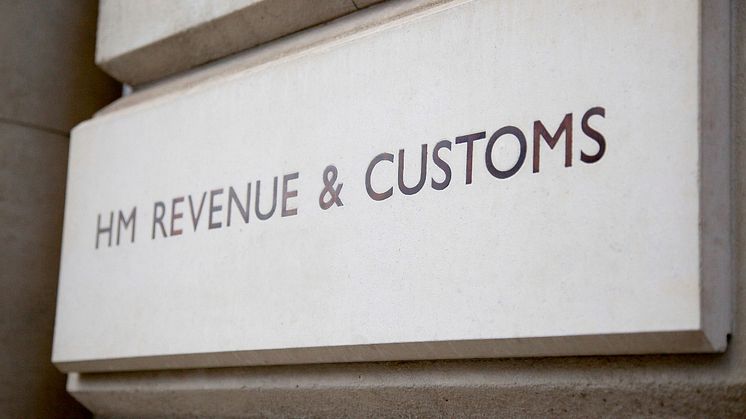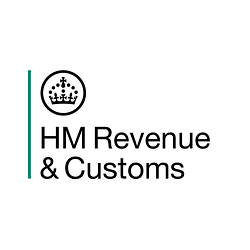
Press release -
Don’t forget to declare COVID-19 grants on your tax return
HM Revenue and Customs (HMRC) is reminding Self Assessment customers to declare any COVID-19 grant payments on their 2020/21 tax return.
More than 2.7 million customers claimed at least one Self-Employment Income Support Scheme (SEISS) payment up to 5 April 2021. These grants are taxable and customers should declare them on their 2020/21 tax return before the deadline on 31 January 2022.
The SEISS application and payment windows during the 2020/21 tax year were:
- SEISS 1: 13 May 2020 to 13 July 2020
- SEISS 2: 17 August 2020 to 19 October 2020
- SEISS 3: 29 November 2020 to 29 January 2021
SEISS is not the only COVID-19 support scheme that customers should declare on their tax return. If customers received other support payments during COVID-19, they may need to report this on their tax return if they are:
- self-employed
- in a partnership
- a business
Information on which support payments need to be reported to HMRC and any that do not is available on GOV.UK.
It is important that customers check and make any changes to their tax return to make sure any SEISS or other COVID-19 support payments have been reported correctly in their Self Assessment.
Myrtle Lloyd, HMRC’s Director General for Customer Services, said:
“We want to help customers get their tax returns right, first time. We have videos, guidance and helpsheets available online to support you with your Self Assessment. Search ‘help with Self Assessment’ on GOV.UK to find out more.”
HMRC has created resources to help customers complete their tax return including a playlist on YouTube, webinars and helpsheets and guidance available on GOV.UK.
HMRC recently announced that more than 20,000 customers, who were unable to pay their tax bill in full, had used the self-serve Time to Pay facility, worth £46 million. The online payment plan helps customers who may feel worried or anxious about paying any tax owed by enabling them to spread the amount into manageable monthly instalments, up to the value of £30,000.
If customers owe more than £30,000, or need longer to pay, they should call the Self Assessment Payment Helpline on 0300 200 3822.
HMRC urges everyone to be alert if they are contacted out of the blue by someone asking for money or personal information. Customers should always type in the full online address www.gov.uk/hmrc to get the correct link for filing their Self Assessment return online securely and free of charge. HMRC sees high numbers of fraudsters emailing, calling or texting people claiming to be from the department. If in doubt, HMRC advises not to reply directly to anything suspicious, but to contact them straight away and to search GOV.UK for ‘HMRC scams’.
Notes to Editors
1. Find out more about Self Assessment
2. If you claimed Self-Employment Income Support Scheme (SEISS) or received Coronavirus Job Retention Scheme (CJRS) grants, you’ll need to include details of all the taxable coronavirus support scheme payments you received during the 2020/21 tax year.
If you are employed and received CJRS (furlough) payments during the 2020/21 tax year, you will need to enter your earnings and Income Tax as stated on your P60. Your P60 will include any furlough payments you received up to 5 April 2021, so you do not need to include furlough payments on your tax return
If you are self-employed or in a partnership and received any coronavirus financial support, you will need to declare it on your Self Assessment.
If you are self employed, you should use:
- form SA103S - short if your tax affairs are simple and your turnover was below the VAT threshold (£85,000) for the tax year
- form SA103F - full if your annual turnover was above the VAT threshold for the tax year
If you’re in a partnership, you should use:
- form SA104S - short if you’re only declaring partnership trading income
- form SA104F - full to record all the possible types of partnership income you might receive
3. Latest self-serve Time to Pay figures are for arrangements set up in 2021/22 tax year and are up to 28 November 2021.
4. If this is your first time completing an online tax return, you may be asked additional questions to prove your identity. To answer these questions, please have as many of the following to hand where relevant, when making your claim:
- your UK passport
- Northern Ireland (DVA – issued) driving licence
- information held on your credit file (such as loans, credit cards or mortgages)
- your Self Assessment tax return (within the last three years)
- your tax credit claim
- your P60
- one of your three most recent payslips
5. Follow HMRC’s Press Office on Twitter @HMRCpressoffice
Related links
- Which support payments need to be reported to HMRC
- Check if you need to change your Self Assessment return for SEISS
- Self Assessment help and deadlines - These short videos help you understand Self Assessment and how to file your tax return.
- Help and support for Self Assessment - Watch videos, sign up for email alerts and register for free webinars to learn more about Self Assessment.
- Self Assessment forms and helpsheets
- If you cannot pay your tax bill on time
- Self Assessment tax returns
- Reporting coronavirus (COVID-19) grants and support payments
- Self Assessment: self-employment (short) (SA103S)
- Self Assessment: Self-employment (full) (SA103F)
- Self Assessment: Partnership (short) (SA104S)
- Self Assessment: Partnership (full) (SA104F)
Topics
Categories
Issued by HM Revenue & Customs Press Office
HM Revenue & Customs (HMRC) is the UK’s tax authority.
HMRC is responsible for making sure that the money is available to fund the UK’s public services and for helping families and individuals with targeted financial support.


